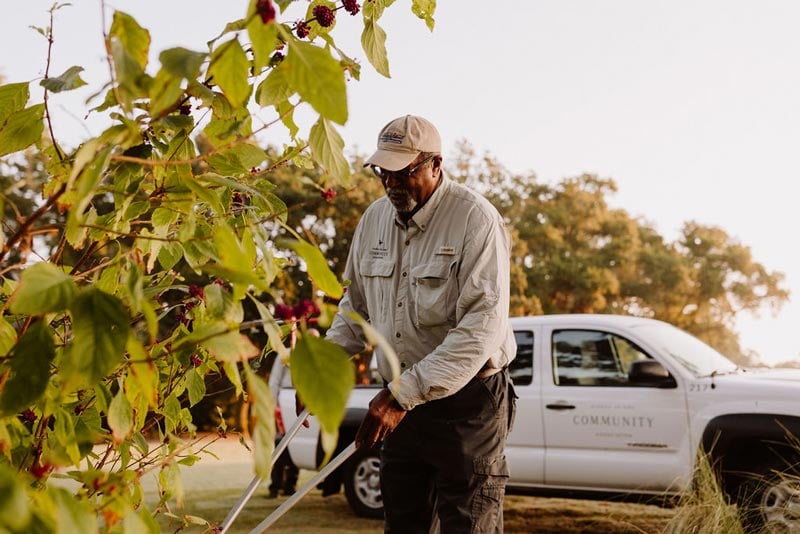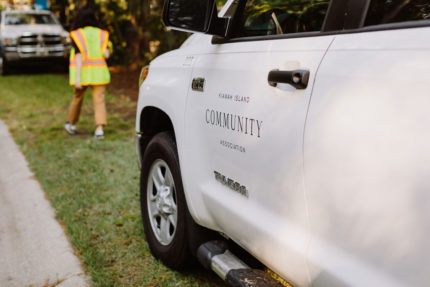Mar
02
2017
From The Blog
Carolina Marsh Tacky: Living Legends of the Lowcountry
The Chincoteague Ponies are famous…but did you know South Carolina has its own breed of once-feral Colonial Spanish horse? The history and preservation of the critically endangered Marsh Tacky Horse is important to all who love Lowcountry culture and United States history. These living legends have survived over the last 500 years by adapting to the environment and developing an intuitive sense of self-preservation.
Marsh Tackies arrived with the Spanish explorers and settlers in the 1500s. The Spanish colonies failed, but their horses braved the harsh conditions and lived on by their wits, surviving on marsh grass and forage. Feral Marsh Tackies sought refuge in Lowcountry marshes and were captured and domesticated by Native Americans, African slaves and European settlers. The breed’s gentle disposition and tough constitution made it the most dependable horse in the marshy Lowcountry. For centuries, they were owned by rich and poor alike and were used for everything from carrying children to school, delivering the mail, hunting, herding cattle and plowing fields. Most Gullah families had one or two Marsh Tackies in their yards or tied outside their homes. The horses even have a history of military use. They were reportedly used by the troops of American Revolutionary War General Francis Marion, AKA the Swamp Fox, to navigate swamps and marshes, and were employed by the US Coast Guard’s beach patrol during WWII.
Tough as Pine Knots
In 1846 notable naturalist John James Audubon wrote that the Marsh Tacky is as “tough as a Pine knot.” The expression is still used today. Marsh Tackies don’t flee when the unexpected happens
and adapt easily to new situations. As owner and rider Wylie Bell said in South Carolina Wildlife Magazine, “They don’t panic when they get wrapped up in briars or when they are mired in a bog up to their chest. Like little bulldozers, they push through whatever you ask them to. Marsh Tackies are not big horses, but they ride big. They have huge hearts and sharp minds, and for people who own them, they’ll be that horse of a lifetime.”
Marsh Tackies on Kiawah
In the early 1950s, Kiawah was an isolated wilderness reached by boat. It had just one permanent resident, Charlie Scott. Charlie had been the head plowman for the Vanderhorst family, and
lived in a cabin on the Kiawah River. Charlie was the last African American tenant farm worker on Kiawah, and reportedly owned three Marsh Tacky horses that roamed the island and were used in the infamous Thanksgiving hunts. Rod Welsh of SCIWAY News remembers his grandfather surf-fishing from the back of his Tacky. Brothers Ed and Arthur
Ravenel rode their Tackies to Kiawah to tend the family cattle. Beloved local historian Betty String fellow remembers when the reliable, tireless Marsh Tackys roamed the island. In fact, she owned at least one herself. Kiawah pioneers will remember when wild horses roamed here. It’s likely they were Marsh Tackies.
Enter the Carolina Marsh Tacky Association Once roaming freely by the hundreds through the South Carolina Sea Islands and Lowcountry, their numbers neared extinction as tractors, trucks and development took the place of horsepower. Just a few years ago, there were but a hundred. In 2007, The Carolina Marsh Tacky Association (CMTA) was formed with the sole purpose of preserving and promoting this resilient breed. Today, thanks to their tireless efforts, there are now nearly 400 Marsh Tackies in the state. Still, more must be done to save this remarkable and historical breed. Learn more about these animals and how you can help at marshtacky.info. The Kiawah Cup Island Beach Race not only supports the efforts of the Kiawah Cares Foundation, but is also a showcase for Marsh Tackies and the CMTA. Limited tickets remain for the March 25 event. Four different ticket options allow you to tailor your entertainment experience. Get yours today to witness these majestic animals in action!
To purchase tickets, or for other information including details on sponsorship and volunteer opportunities, visit kiawahcup.org. Are you on Facebook? Be sure to “Like” the Kiawah Cup (facebook. com/kiawahcup) for updates as the race draws near!
Source Credits: Carolina Marsh Tacky Association; Carolina Equestrian
Photo Credit: Jackie McFadden Photography

